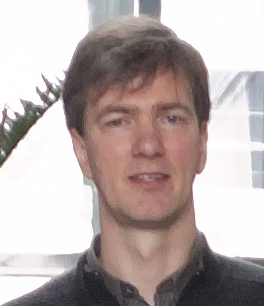Here you can find detailed profiles of DKTK faculty members with programm specification and research focus in the Researcher Database. Find contacts of all DKTK scientists at the DKTK intranet
Researcher Database

Dr. Carsten Grötzinger
Campus Virchow-Klinikum Charité - Universitätsmedizin Berlin
Augustenburger Platz 1
13353 Berlin
Program
Radiation Oncology and Imaging (ROI)
Summary
Transcriptional profiling of G3 neuroendocrine tumors
Background: Poorly differentiated NEC account for 10-20% of all malignant digestive neuroendocrine neoplasias (NEN). Up to 85% of patients present with metastases and hence, survival is poor in NEC, ranging from 38 months for patients with localized disease to 5 months in the metastatic setting. NEC are currently defined by the WHO 2010 classification as poorly differentiated NEN with Ki-67 >20% and hence G3. Increasing evidence suggests that G3 NEN are not a homogenous entity and can be further subclassified into biologically relevant subgroups. A separation based on the proliferative index (Ki-67 >55%) was shown to have clinical implications regarding response to chemotherapy and prognosis. More recent publications show that morphological differentiation and Ki-67 are able to separate prognostic groups among G3 cases. Aims: This study is designed to pursue the following aims: 1. Elucidation of the genomic/transcriptomic heterogeneity in high-grade GEP-NET and NEC and molecular classification of these tumors. 2. Identification of transcriptomic profiles and pathway modifications with potential relevance for therapeutic patient stratification. 3. Discovery of novel cell-surface targets (based on transcriptomic profile, fusion genes, splice variants) suitable for PET imaging and peptide radioreceptor therapy (PRRT). Strategy: To pursue these goals, next generation RNA sequencing of tumor and normal tissue samples at the DKFZ core facility is performed. Bioinformatic analysis is carried out in collaboration with other groups within DKTK Berlin.